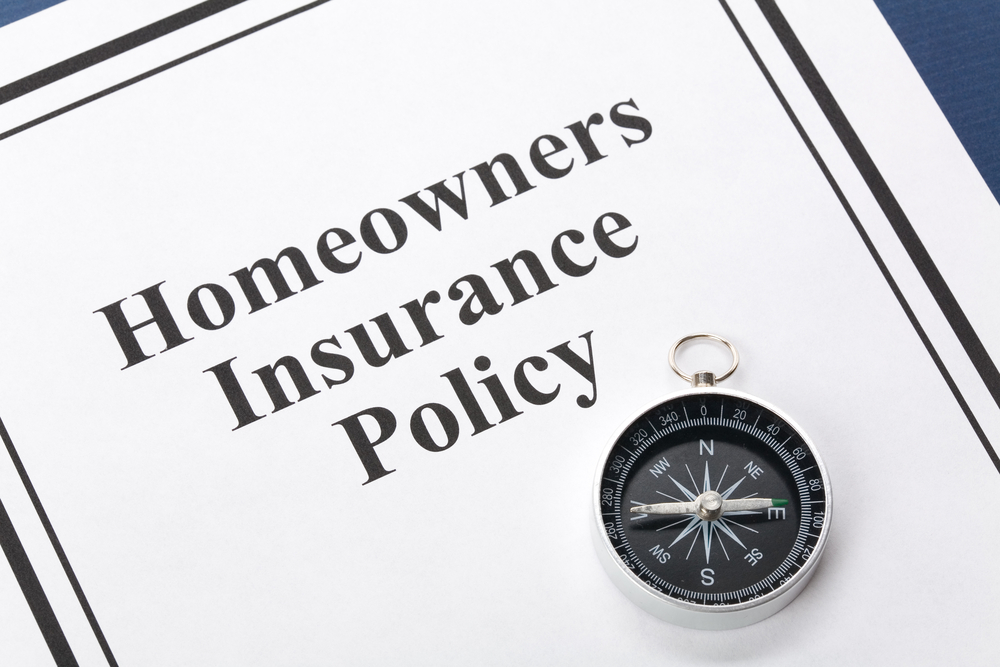Are you thinking of buying a plug-in electric motor vehicle (PEV)? Do you have questions about the basic terminology and how to decide which model is best for you? The U.S. Department of Energy (DOE) has released a new guide, Plug-In Electric Vehicle Handbook for Consumers, to help you answer those questions.
The handbook explains the various acronyms from EVs (all-electric vehicles) to PHEVs (plug-in hybrid electric vehicles). It also reviews specific items to consider when making the purchasing decision, such as:
- Your driving requirements (for example: two seats or four)
- Availability of the vehicle and places to charge it
- Prices and incentives
- Vehicle maintenance
- Battery life
- Safety in driving and garaging the vehicle
When buying a car, most consumers compare the estimated miles per gallon between models. As the handbook points out, it's not easy to equate the energy in a kilowatt of electricity to that in a gallon of gasoline. DOE has simplified the comparison with eGallon, a website that allows you to compare the cost of electricity to that of gasoline in dollars per gallon by state. DOE's Alternative Fuels Data Center helps you find charging stations near you, along a route you're driving or within a state.

Insurance issues: not just auto
Most important, the handbook reviews the requirements for charging your vehicle at home and installing special equipment if necessary. It's not as simple as just plugging your car into the electrical outlet in the garage. Depending on the type of vehicle, you may need to install special equipment and you must comply with local, state and national codes and regulations. Installation usually requires a licensed electrical contractor, and also may require permits from your local building, fire, environmental, and electrical inspecting and permitting authorities.
You'll also need to notify your homeowners insurance carrier that you've installed charging equipment for your new vehicle as it may affect coverage and policy limits. According to the American Association of Insurance Services, Inc., Oregon and California laws require a resident owning a charging station within a community managed by a homeowners association to maintain a homeowners policy, with at least a $1 million limit, that includes coverage for the charging station exposures. The insured also must name the association as an additional insured with a right to notice of cancellation of the policy. Other states are sure to follow, and some homeowners associations may impose similar restrictions on their own.
The good news: Your standard auto policy provisions should cover your new plug-in electric vehicle. But as with all new vehicle purchases, be sure to review your policy provisions and coverage options with your agent, broker or carrier so you know you're covered appropriately.
Support for electric vehicles by state
If you're interested in learning how states are doing in encouraging the purchase and use of electrical vehicles, you should read Supporting the Plug-In Electrical Vehicle Market: Best Practices from State Programs, by Cassandra Powers of the Georgetown Climate Center. The report highlights initiatives such as the Northeast Electrical Vehicle Network, through which the northeast states from Maine to Washington, D.C., are "working together to create a seamless driving experience" for PEV drivers.
The report describes best practices in state-sponsored PEV programs, including successful PEV buyer incentive programs, DC fast charging programs and PEV awareness initiatives that can serve as models for other states. Your state or local government may find some ideas in this report to encourage the use of PEVs in your location.
Want to continue reading?
Become a Free PropertyCasualty360 Digital Reader
Your access to unlimited PropertyCasualty360 content isn’t changing.
Once you are an ALM digital member, you’ll receive:
- Breaking insurance news and analysis, on-site and via our newsletters and custom alerts
- Weekly Insurance Speak podcast featuring exclusive interviews with industry leaders
- Educational webcasts, white papers, and ebooks from industry thought leaders
- Critical converage of the employee benefits and financial advisory markets on our other ALM sites, BenefitsPRO and ThinkAdvisor
Already have an account? Sign In Now
© 2025 ALM Global, LLC, All Rights Reserved. Request academic re-use from www.copyright.com. All other uses, submit a request to [email protected]. For more information visit Asset & Logo Licensing.








